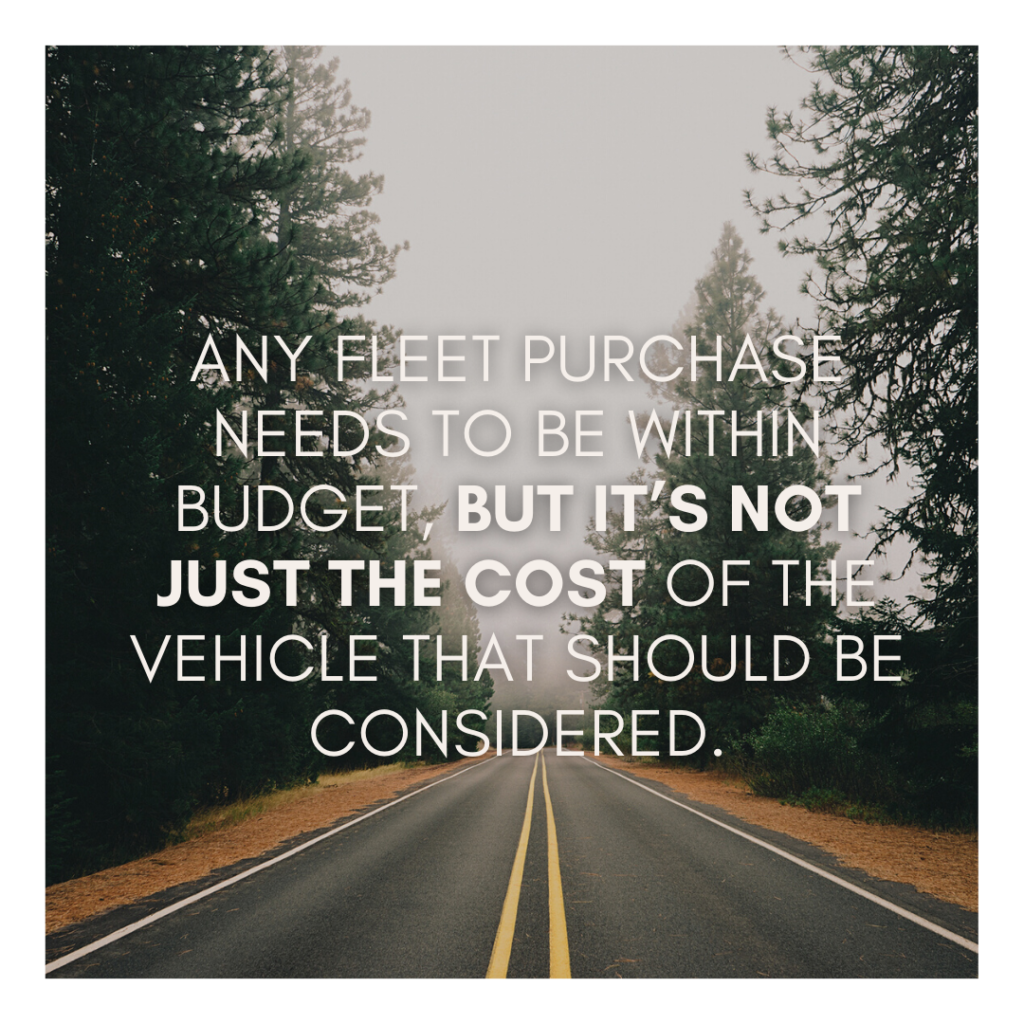Maintaining a fleet of vehicles is a colossal responsibility. In the public sector, a fleet could consist of school buses, waste management vehicles, fire engines, police vehicles, animal control trucks, and numerous other types of department vehicles. It’s a lot to keep track of and a lot to maintain, this makes your fleet purchase choices important. Procurement agents that want to have a “smart fleet” are tasked with not only making sure that these important assets are purchased within a budget, but that they are maintained, receive any needed repairs, and must keep track of each vehicle. There are a few procurement strategies that can help government purchasing agents make sure their fleet is safe and economically sound.
Consider cost
Obviously, any fleet purchase needs to be within budget, but it’s not just the cost of the vehicle that should be considered. Procurement agents should also review fuel costs, regular maintenance costs, and likely repair costs before making any final decisions. A vehicle may have a lower initial investment, but if it offers poor fuel efficiency, or requires costly parts to repair, it may not be the best fit for the budget (or for the environment).

Manage risk
Properly maintaining your fleet purchase is an important step in managing the risk of owning a fleet. By keeping track of all regularly scheduled maintenance items such as oil changes, brake checks, tire rotation, hydraulic systems, and general vehicle health inspections, procurement agents can reduce the likelihood that a vehicle will break down while in use. Additionally, these regular maintenance items could prevent larger issues. For example, regular oil changes prolong the life of a vehicle’s engine, increase fuel efficiency, reduce the risk of more exhaustive (costly) repairs and extend the life of the fleet purchase, ultimately saving dollars.
Use smart tools
With potentially thousands of vehicles in their care, procurement agents should consider engaging with a smart technology tool to help them keep track of not only vehicle status and maintenance, but an abundance of other data points as well. Software companies in the telematics space provide GPS and AI insights that would otherwise be inaccessible to procurement agents. GPS tracking can make sure vehicles are going where they need to go and keep track of their physical location. It can also suggest faster routes, saving time and fuel costs. AI technology can communicate updates to fleet managers about maintenance needs and if a vehicle should be taken off the road for repair. This will make the fleet safer and more efficient.
Fleet feat
Keeping a fleet on track is no small feat! A fleet purchase can be a daunting task without the right tools. But, by considering making a fleet purchase strategy, managing risk, and engaging with smart tools that help with tracking, procurement agents will be well on their way to a “smart fleet” that runs safely and efficiently.
What are your “smart fleet” tips and tricks? What procurement strategies do you find most useful in maintaining your fleet?
